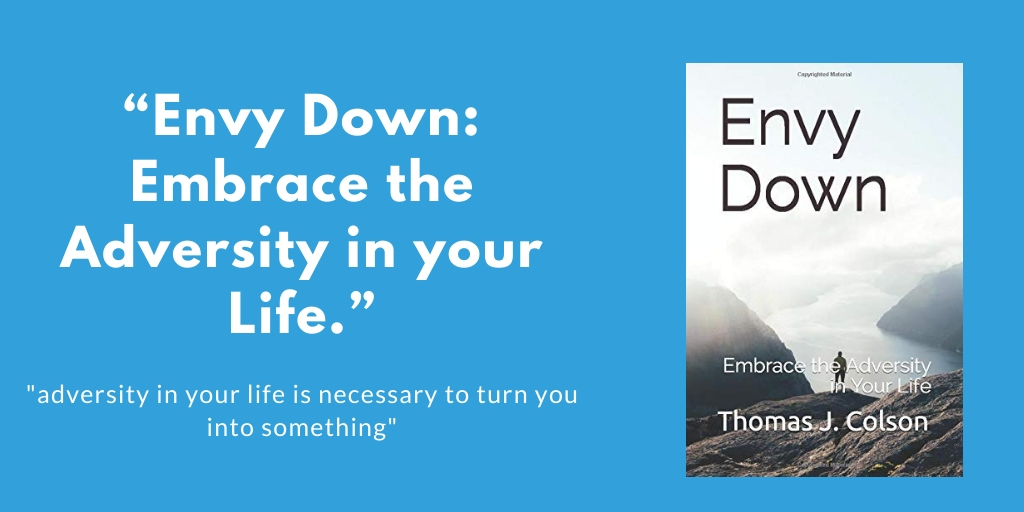About the Book
The “Library of New York Civil Discovery Forms” by the New York Law Journal Press, is a useful, time-saving, and no-nonsense resource that any attorney would be wise to have in their office. The Book’s 14 Chapters explore areas of civil discovery including:
- Authorizations
- Subpoenas
- Discovery Demands and Responses
- Discovery Objections
- Depositions, Admissions, Interrogatories, Bills of Particulars
- Privilege, Protective Orders, Confidentiality
- Discovery Motions
- Verifications, Affidavits, and Affirmations
In total, this book contains over 150 individual civil discovery forms. While the collection may be vast, the “Library of Forms” contains a detailed index which allows the reader to scan through and find the precise form that they are looking for.
My Review of the Book
This Book is particularly useful for young attorneys fresh into the practice of law, as well as seasoned attorneys that may be handling matters that are a bit outside their normal practice areas.
The “Library of Forms” is pretty accommodating in that the user has the option of accessing the catalog of forms via the book itself or the CD that accompanies the book.
This author believes that the CD is the best feature of the “Library of Forms.” Once inserted into the computer, this CD provides a Microsoft Word version of each and every document included in the collection.
The user of the CD can simply click on the Word File of their desired form, and once it opens, their particular case caption and information can be entered right into the form as seen below.
I like this feature because it greatly cuts down on the drafting and editing time for legal documents as all of the forms are pre-edited by the New York Law Journal.
Generally, when I write book reviews, I try to include positives and negatives to give the reader as objective of an impression as possible. But because this book is a form book without any real substantive content, it lacks any mentionable drawbacks. There aren’t any chapter passages or introductions to critique, nor are there any glaring subject matter omissions.
The bottom line here is that the “Library of New York Civil Discovery Forms” is exactly what it represents itself to be, a catalog of civil discovery forms. This book is a quality purchase for attorneys who engage in all varieties civil litigation.








